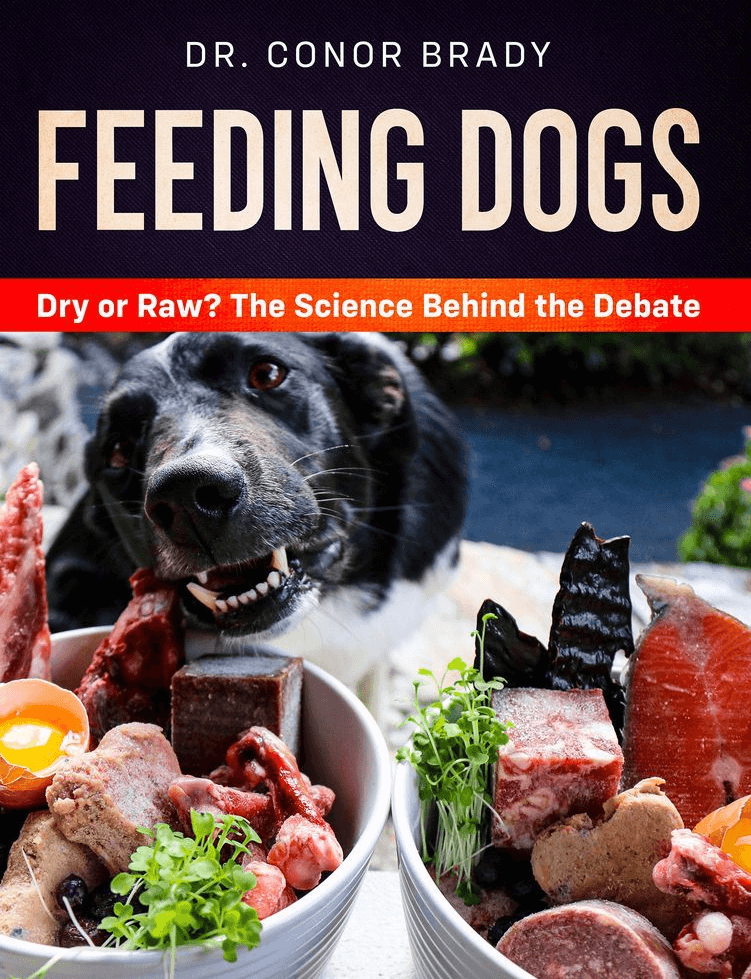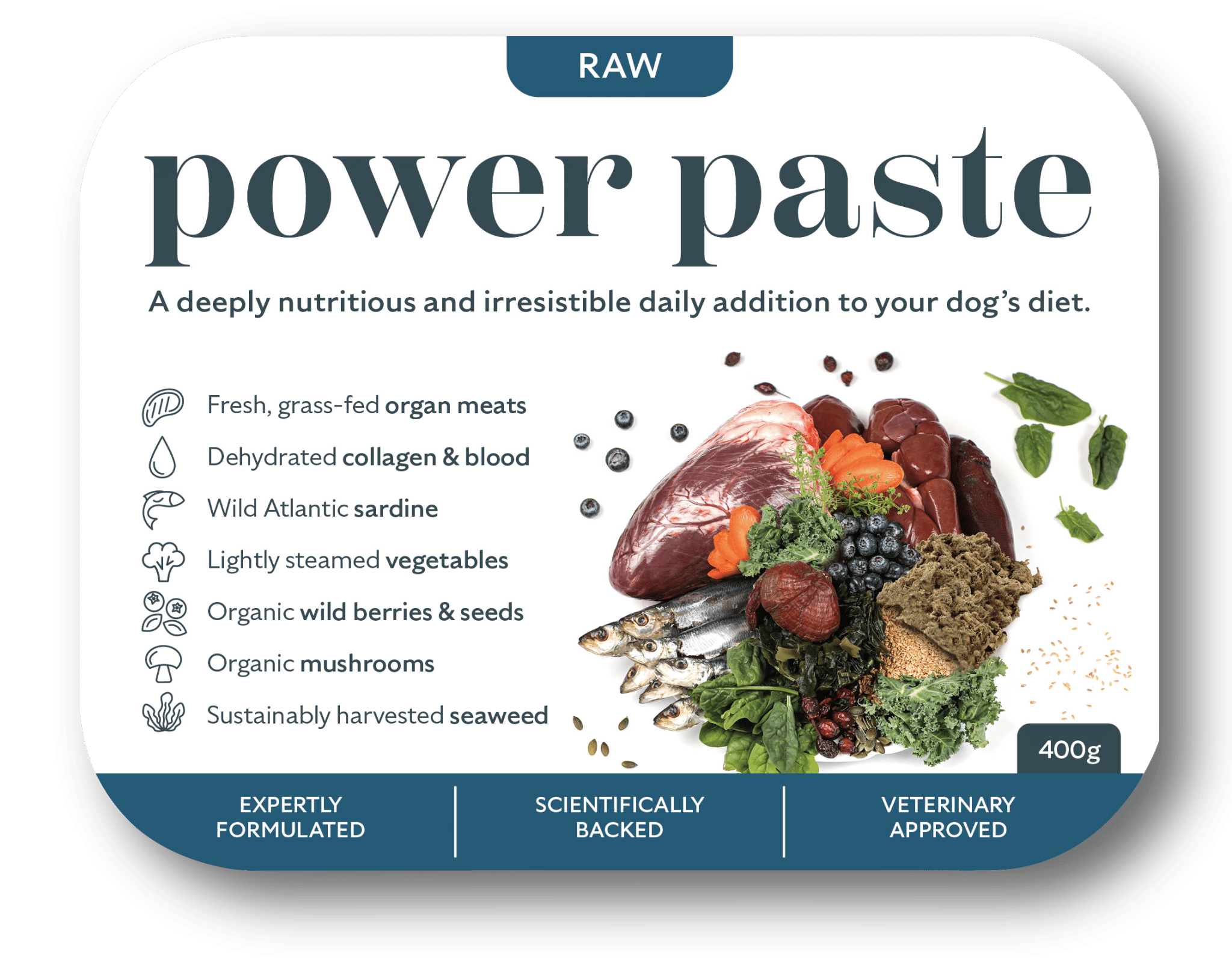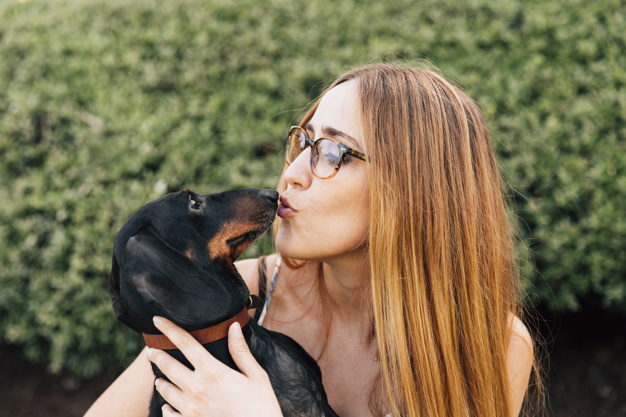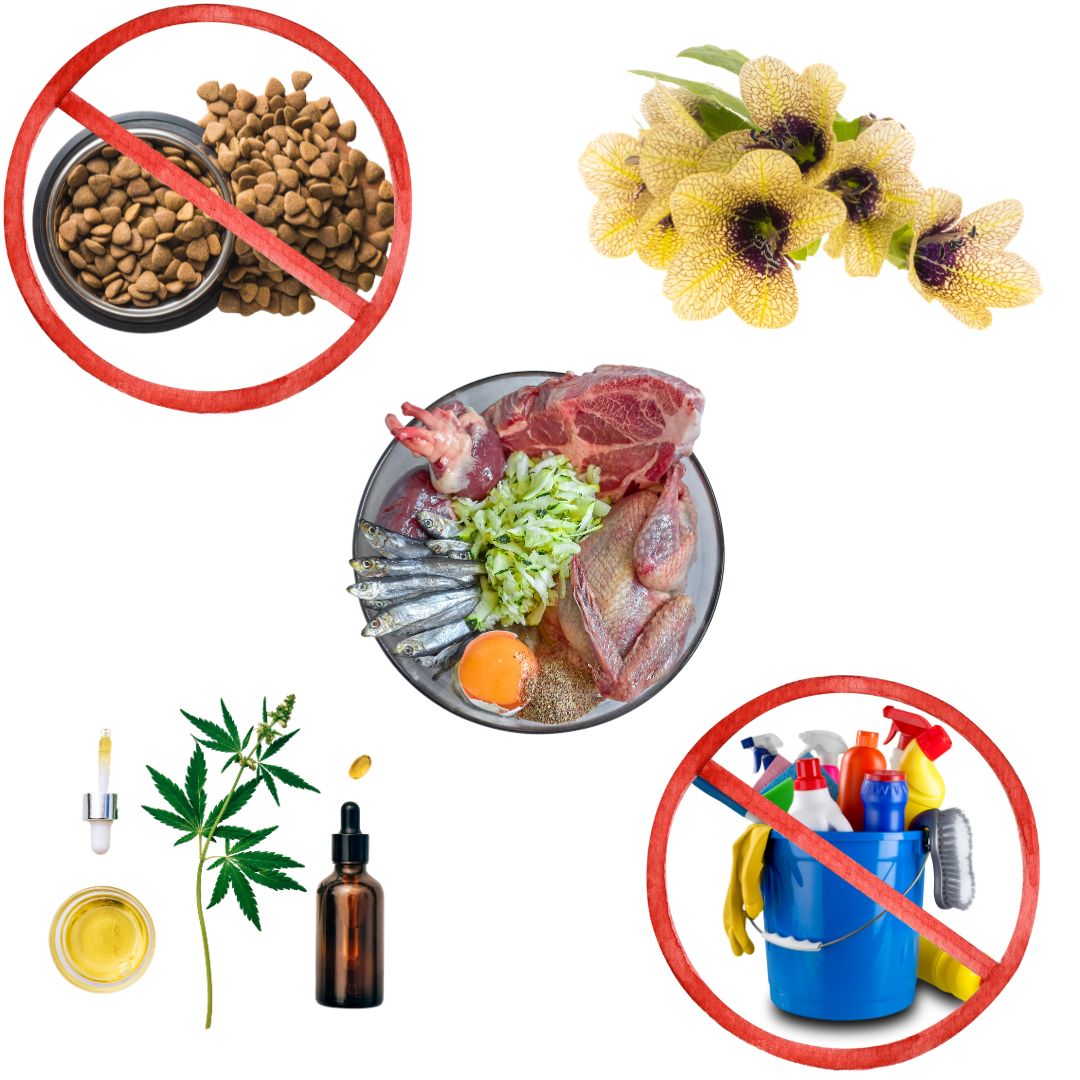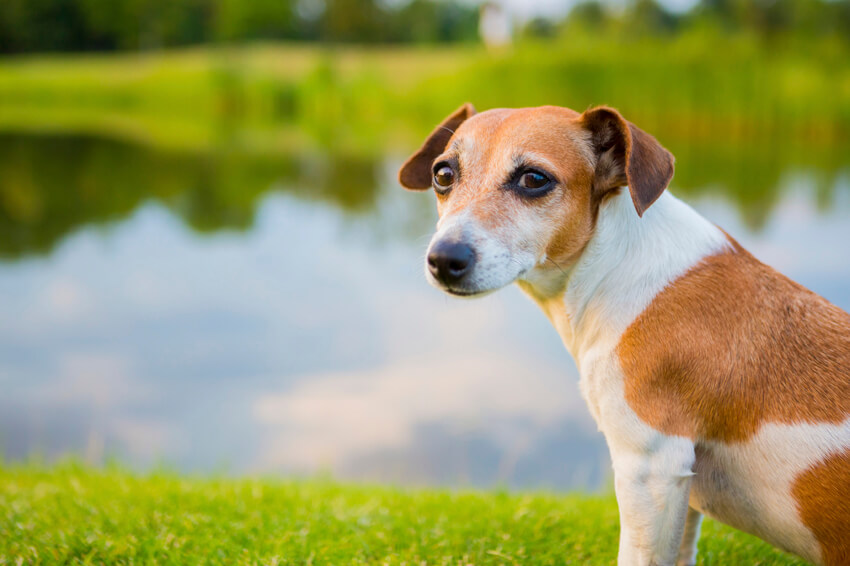The following alphabetical list consists of 18 foods that you REALLY should not feed your dogs, even though in many cases we humans can eat them ourselves. The main reason being your dog’s metabolism is a little different to yours and this needs to be considered.
Excluded from this list is coffee, alcohol, cigarettes, marijuana, copious amounts of salt every day and anything else that is just too obvious.
What Not To Feed Your Dogs
1. Aflatoxins
Corn, wheat and rice, some nuts and legumes can be contaminated with moulds due to extended storage and chemical growing conditions. These moulds are called aflatoxins and can produce carcinogenic properties when grown from the mould Aspergillus flavus. Found in most kibble and some treats and the very high temperature cooking process does not kill them so definitely avoid at all costs.
2. Chewing Gum and Sweets
Chewing gum and sugar have no place as foods for dogs. The real problem here is xilotyl, while causing no apparent harm to humans, it is extremely toxic to dogs. Even small amounts can cause low blood sugar, seizures, liver failure or even a pup’s death. Not worth any risk in feeding these folks.
3. Chocolate
Unfortunately, chocolate is a most definite no. This is due to theobromine and theophylline, which can be toxic. Chocolate can cause panting, vomiting, and diarrhoea, as well as damage to a dog’s heart and nervous systems. Of course, we have all heard of a dog eating a whole box of roses but this has also caused serious damage to other dogs.
4. Cooked Bones
Really bad for dogs. Can cause cracking of teeth and the puncturing of guts. Cooked bones are likely to splinter so avoid them at all times. Here’s how to feed bones safely to dogs. Cooked bones are simply a no-no and can also cause:
- Constipation
- Rectal bleeding
- Gastrointestinal blockage
- Mouth injuries
- Peritonitis – a bacterial infection caused by punctures in the stomach or intestines
5. Corn on the Cob
Feeding a few kernels is completely safe but the cob can be dangerous for dogs. Pieces can easily get lodged in the small intestine causing potential blockage. The cob does not break down and cannot be digested properly by dogs, so worth noting and avoiding.
6. Dental Sticks
Wheat gluten, the most antigenic on earth for dogs, as the number one ingredient. Third ingredient is sugar. Fourth ingredient, salt. Fifth ingredient, sugar. For teeth?! Really?! I strongly recommend removing these from the diet immediately. Replace with fresh bones. In fact finding the exact ingredients in these products is almost impossible and worrying to say the least, so this is why it is on our list of things not to feed a dog.
7. Dry Dog and Cat Food
Processed dry so-called foods are rarely made with your pet’s interest at heart. It is stale, chemical riddled gunk made far away from the leftovers of the human food sector. Virtually no meat and possibly 4% meat derivatives mixed with toxic rubbish.
Ingredients like ‘derivatives of vegetable origin’. This term allows the use of anything that is not classed as a cereal. It is waste from the human food preparation industry which is processed at high temperatures and has no nutritional value. They deserve better. They deserve raw dog food.
8. Fat – Not too much
Dogs can have scraps of fat from the dinner table, that’s fine, certainly for a raw fed dog and can be fed as treats. However…
Dry fed dogs are different, we expect their pancreas to be under enormous pressure from trying to digest a diet of 50% carbohydrates every day. With a dry fed dog the fat trimming from one steak can be enough to push them over the edge. One source to watch is cheap “pet mince”, like beef and lamb “mince” for €2/kg. Lamb and beef doesn’t cost €2/kg!
Supermarkets are the benchmark here, Aldi and Lidl and other supermarkets buy huge amounts of meat directly from farmers. They are selling high fat beef mince at €3.80/kg. That’s high-fat beef mince (the lowest grade you are permitted to feed to a human). What you are getting for €2/kg is usually only fat and blood. Fat in your pups diet is essential, just not too much. Link here to another article on fat! If we have one! If not let’s write one!
9. Fish – Fresh
People feed their dogs fresh fish but, to cut a long story short, many of the common species are prone to worms. Freezing kills these parasites, so make sure to feed fish from frozen. Also don’t feed them too much, as many species contain thiaminase, which breaks down thiamine (vitamin B1) in dogs.
Salmon, however, is fine. Tuna is high in mercury so avoid this. Feeding fish like mackerel, herring and sardines is better as they are less likely to be full of toxins from our over polluted seas . Need another article here about fish – sorry!
10. Fast Foods
We know that fast processed foods are not good for us and occasionally we may indulge. Fast foods however are not good for your pup and contain high levels of highly processed sugar,fat and salt and can even contain hidden artificial sweeteners.
The side effects if fed to your pup can include:
- Diarrhea
- Constipation
- Dehydration
- Seizures
- Gastrointestinal upset
- Dehydration
- Pancreatitis
So I would recommend you leave fast foods alone for your pup.
11. Grapes, Raisins, and Sultanas
We can’t believe this either but grapes, raisins and sultanas contain a toxin that can cause severe liver damage and kidney failure to dogs. Dogs cannot metabolise tannins, flavonoids and monosaccharides that are found in these delicious fruits. Great for us but never for dogs.
12. Human Multivitamins
Often too high in the wrong things, fresh fed dogs don’t need them. Dry fed dogs however do, but these should be supplied via kelp, brewers yeast or alfalfa and a whole host of other natural supplements depending on the problem with your pup. Synthetic vitamins can be dangerous for dogs. Can we put a link in here to the Hills study that killed dogs Conor? Also possibly add BioFunction8 as an ad?
13. Macadamia Nuts or Black Walnuts
These both contain a toxin that can inhibit locomotor activities – resulting in weakness, panting, swollen limbs, and tremors as well as possible damage to the dog’s digestive, nervous, and muscle systems. They also contain an unknown toxin that can have neurological effects. Not good and add to your list of things not to feed dogs.
14. Milk – Cows
Like most of us, if not all, dogs are intolerant to lactose. Makes sense, we lose the necessary enzymes while toddlers, when we were supposed to stop drinking milk. Although there is calcium in milk, there is more in bones and leafy greens.
Dogs lack the enzyme lactase so will not be able to digest it properly. It’s not going to kill him, just block absorption of vital nutrients and minerals in him and subject you to some smelly farts, maybe a little diarrhoea.
15. Onions and chives
No matter what form they’re in (dry, raw, cooked, powder, within other foods), onions contain disulfides and sulfoxides (thiosulphate), both of which can cause anaemia and damage red blood cells in dogs.
Unfortunately, garlic, being itself a member of the onion family, got itself tarred with the same brush. Luckily though, a dog would need to eat a huge amount of garlic to suffer any negative consequences. Half a clove of crushed garlic per 10kg of dog now and again is fine for dogs. More on feeding garlic to dogs here.
16. Peaches, Plums, Apricots and Cherries – Whole Pits
Peach, plum, apricots and cherry pits often cause intestinal obstruction and enteritis. These pits contain amygdalin which is toxic when fed to dogs and can cause kidney failure – this is a form of cyanide and slows down the enzymes in your pups body that are essential to transport oxygen to blood so most definitely worth adding to your list of things not to feed dogs.
17. Pet store Treats
In the same way dry food and dental sticks are made with the poorest food ingredients imaginable, pet store treats in general too are to be questioned. Pigs ears for the large part are imported from India and China where chemical use is highly questionable. In the same way, question very cheap “all meat” treats. They are linked to a large number of pet store treats of late.
Since 2007 the FDA (Food and Drug Association) have noted over 1,000 pets dying from kidney disease as a result of eating Chinese sourced pet treats (and that’s what we know, imagine how hard that is to prove). Making your own is safest and by far the cheapest. Could we have another article in here for homemade treats?!
18. Sugar
Never give sweet things to dogs. Give them meat-based treats instead – they are predominantly carnivores (make sure there is no wheat in these!). First of all dogs lack amylase in their saliva (breaks down sugar) which means that the sugar will stay in their mouths, feeding plaque and tartar build up. Otherwise, the same as in humans, it is linked to multiple health issues, such as diabetes and obesity. Would add in Canident here as an ad?
FAQ’s on What Not to Feed Your Dog
1. Can dogs eat lamb mince?
Lamb mince is great for dogs, a slightly higher in fat meat and mainly grass fed, so a good choice when mixed with other ingredients to make a balanced diet link to another article here ‘what’s a good diet for a dog. Lamb mince is packed with:
- Vitamin B12, important for brain function and blood formation. Lamb and animal-derived foods are very rich in this vitamin.
- Selenium – an antioxidant, lowering the risk of cancer, heart disease, thyroid issues and is great to boost the immune system.
- Zinc – better absorbed from meat than plants and is an essential mineral for growth and the formation of hormones.
- Niacin – known also as vitamin B3 and essential for a healthy heart.
- Phosphorus – essential for body growth and maintaining good health.
- Iron – lamb is rich in iron.
2. Can dogs eat beef mince?
Beef mince is also a good choice for dogs and better if grass fed as will be less likely to have been fed antibiotics and raised on a high sugar diet of silage. Beef mince is full of the above points in lamb plus:
- Taurine – found in blood, essential in dogs and cats diets.
- Threonine – an important building block for many proteins in a dogs body – an essential amino acid that can only be eaten and not made.
- Conjugated linoleic acid (CLA) – a ruminant trans fat which is beneficial to dogs when fed as part of a balanced and healthy diet.
3. Is mince good for dogs?
Mince is a great way to feed your dog and mixed with the correct additions can be the perfect base to start. The above lamb and beef minces are also good, but turkey and chicken minces are slightly lower in fat and maybe cheaper.
Supermarket bought minces will be bone free and barn reared which makes them deficient in vitamin d, dogs cannot make this vitamin and need to get it through their food, so outdoor reared chicken and turkey is essential for optimal health. More on recipe link here
4. Can dogs eat fat trimmings?
A small amount of fat trimmings is fine for most dogs eating a raw diet. Fat in your pup’s diet is essential and there is not usually too much fat on the odd steak that you don’t want to eat plus he will love you for it! Raw is best but the occasional cooked fat trimming that you may have forgotten to cut off is also fine.
5. Can dogs eat beef blood?
Beef blood is packed with taurine and an absolute must for your pup. Never throw away any blood and please add to your pups food – any blood – chicken, turkey or lamb is great to add to your pups bowl and such a waste to throw it away!
Conclusion
The conclusion here is that the above points are essential in foods that can be toxic and dangerous for our four legged friends and sometimes these foods are overlooked and forgotten, especially fast foods and chocolate at Christmas and Easter when they are abundant in our homes. (We should have a fridge magnet that outlines these points?!!) good sales pitch Conor!!



